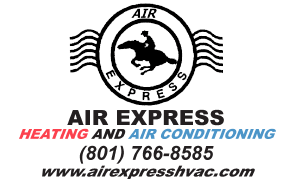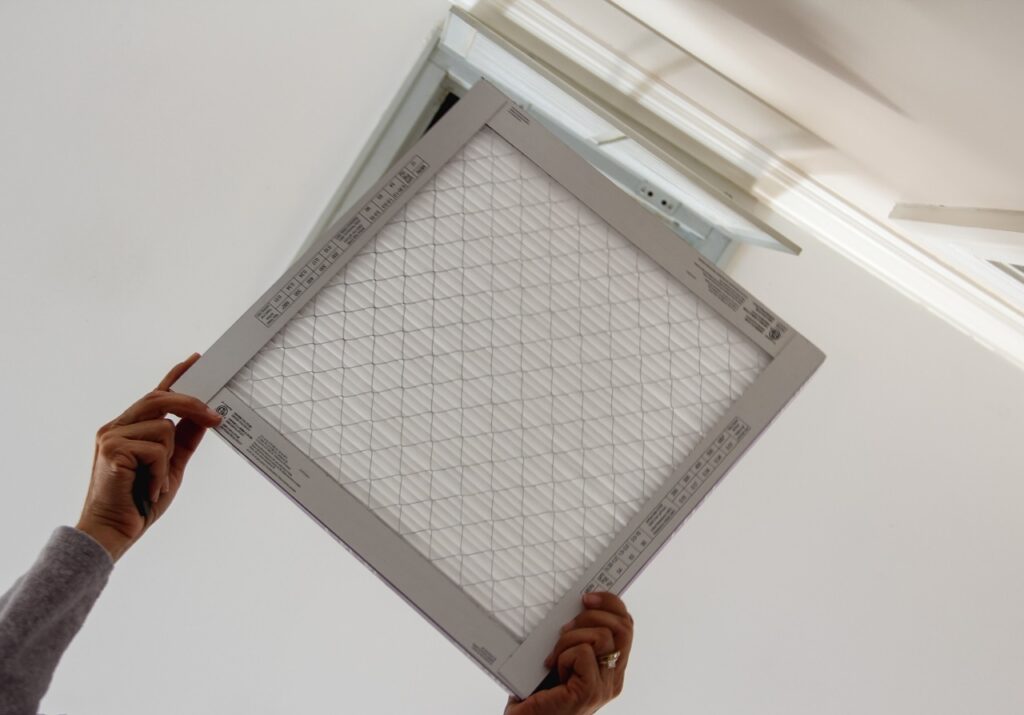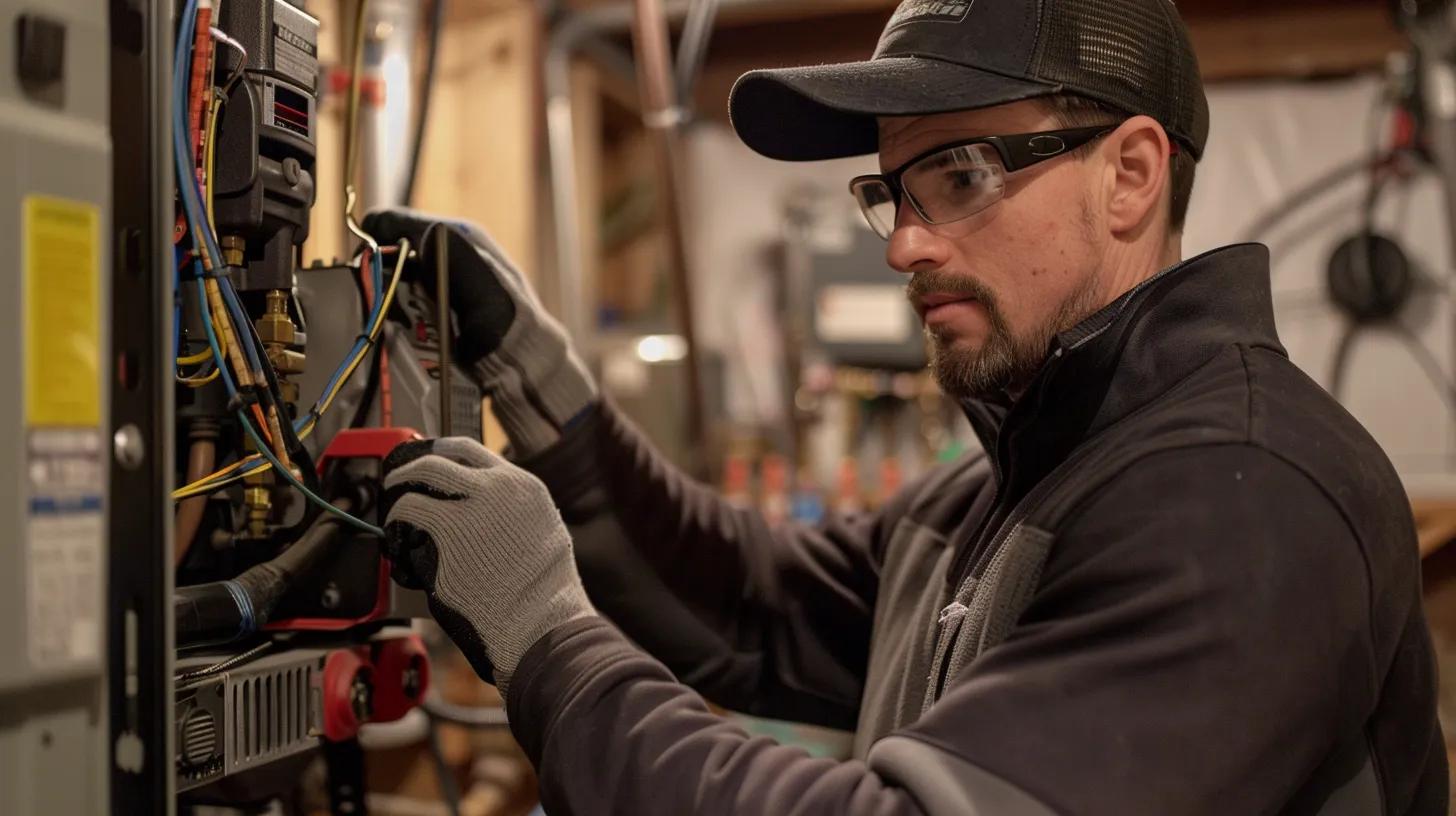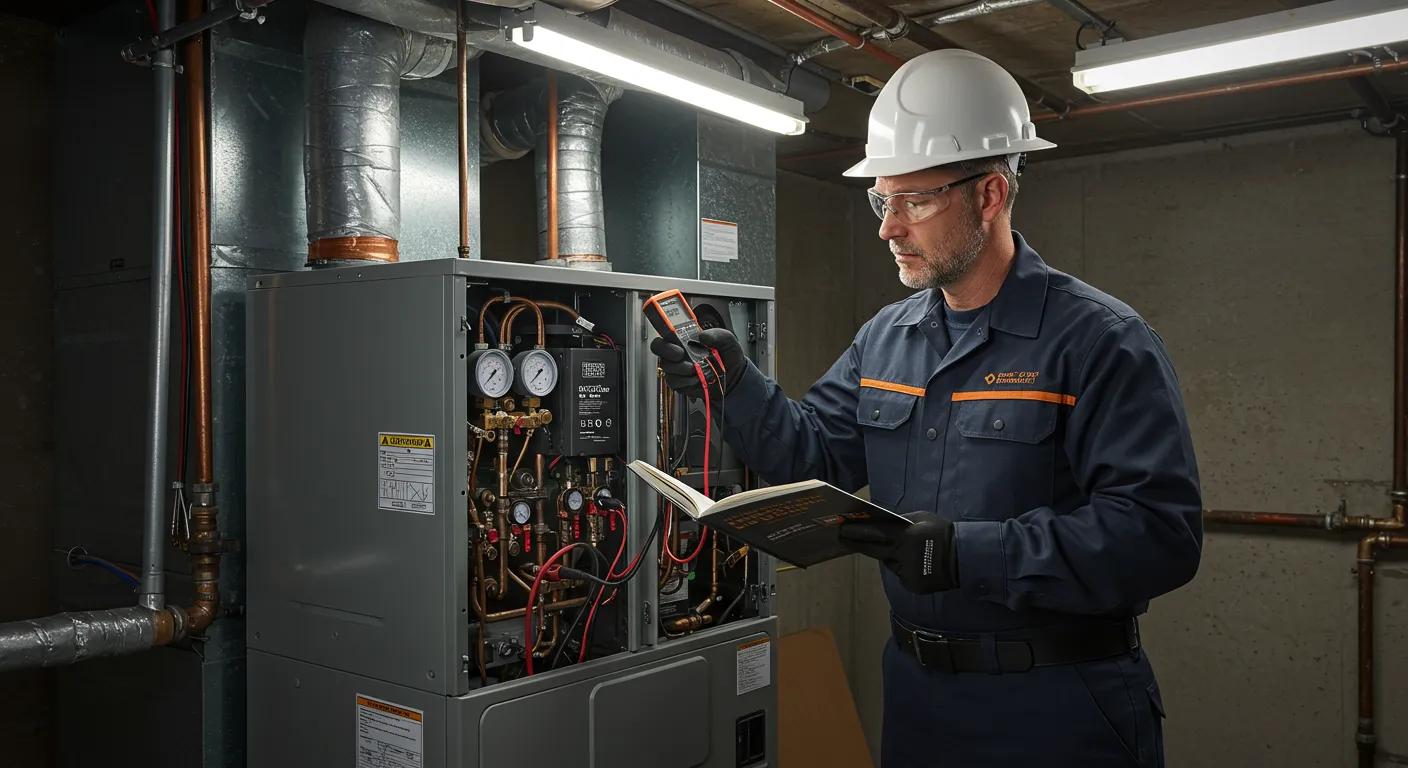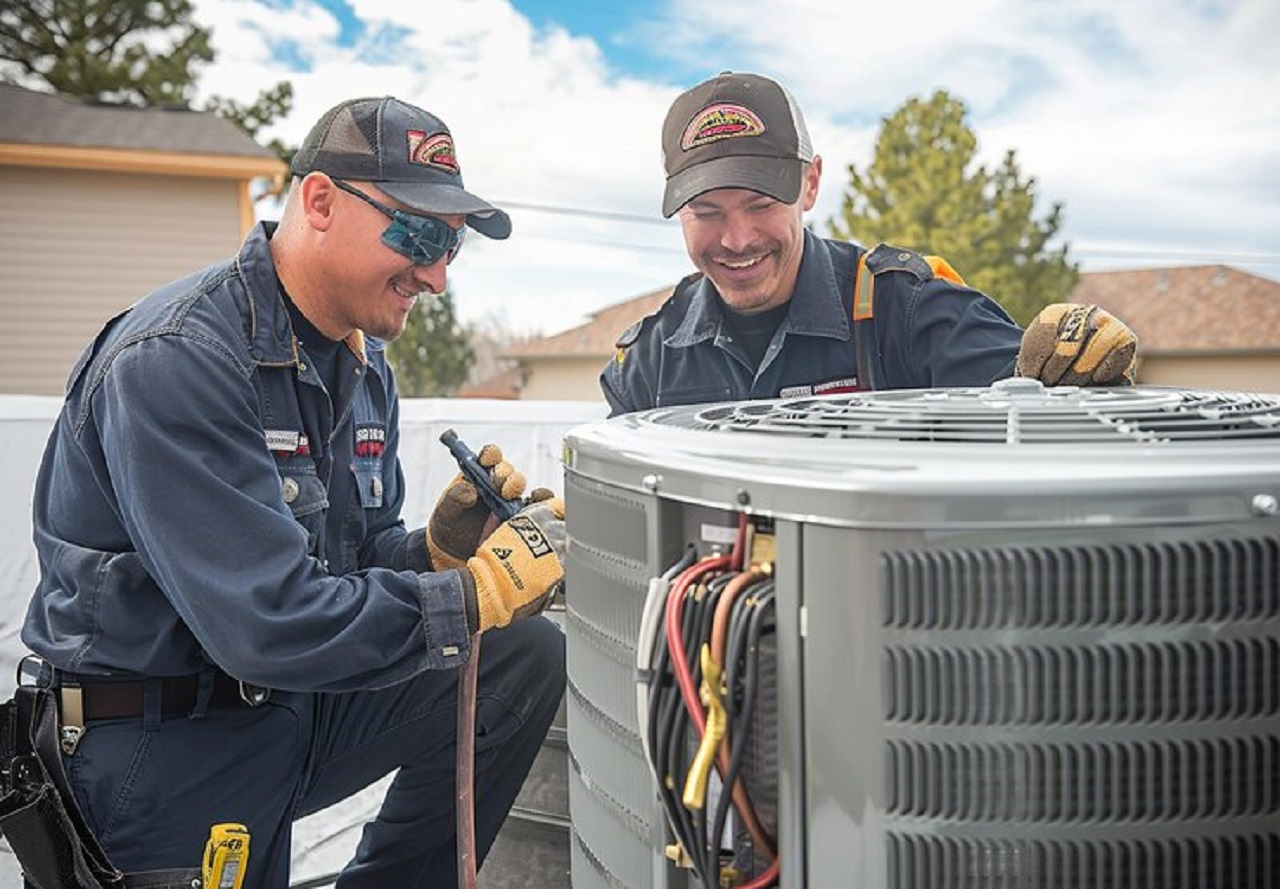When it comes to maintaining excellent air quality in both residential and commercial settings, understanding the fundamentals of air filtration systems is crucial. At our company, we specialize in a broad range of air quality solutions, focusing on delivering the most effective systems tailored to meet the specific needs of each building. Whether you’re a homeowner seeking to enhance the air quality in your residence or a business owner needing to ensure the health and comfort of your workspace, our professionals are here to guide you through the intricate landscape of air filtration.
Air filtration technology has advanced significantly, offering diverse solutions to suit various environments and applications. Our technicians are not just installation experts; they also provide comprehensive advice to help you navigate these options. We ensure that our clients are equipped with all the necessary information to make informed decisions about which system best fits their specific circumstances. This approach not only optimizes the indoor air quality but also enhances energy efficiency and reduces overall operational costs.
By integrating our technical expertise with ongoing support, we help ensure that the air filtration systems we install continue to perform optimally. Whether you’re dealing with common allergens, industrial pollutants, or just trying to improve the overall air quality of your space, trust us to provide reliable, effective solutions that make a noticeable difference.
Understanding the Basics of Air Filtration Systems
Air filtration systems play a crucial role in maintaining clean and healthy indoor environments, especially important in settings where air quality directly impacts health and productivity. At our company, we emphasize the importance of these systems, designed to remove pollutants, allergens, and other harmful particles from the air. Essentially, filtration systems function by forcing air through filters that capture and hold contaminants. The design of filtration systems varies widely depending on the specific environment and targeted pollutants.
The effectiveness of an air filtration system largely depends on the type of filter used. Filters are rated based on their ability to trap particles of different sizes. Our technicians use this rating system to determine the most appropriate filter for each setting, whether it’s a commercial building looking to improve overall air quality or a residential setup needing to control asthma triggers. By understanding these basics, our clients are better equipped to make informed decisions about their air quality solutions.
Top Types of Filtration Systems and Their Uses
Different environments and air quality needs call for various types of filtration systems. Here are some of the key systems we install and service:
- HEPA Filters: High-Efficiency Particulate Air (HEPA) filters are among the most efficient, capable of capturing most particles that are 0.3 microns in diameter or larger. These are ideal for medical facilities, homes where residents suffer from severe allergies, and any setting where air purity is a priority.
- Activated Carbon Filters: These filters are excellent for removing odors and volatile organic compounds (VOCs). They use activated carbon as a porous material that adsorbs odorous substances and gaseous pollutants, making them suitable for industrial environments, kitchens, and laboratories where chemical vapors are present.
- UV Air Purifiers: These purifiers kill bacteria, viruses, and mold by using ultraviolet light. While they do not trap particles like conventional filters, they are effective in sterilizing the air, which is essential in hospitals, clinics, and homes in humid climates.
- Ionic Filters: These create ions that attract pollutants, clumping them together until they are heavy enough to fall from the air or be trapped in a filter. These are useful in environments where dust and pollen are prevalent.
Each of these systems has specific applications and benefits, making it essential to choose the right one based on the unique needs of the building and its occupants. Our professionals are trained to assess these needs and recommend the most effective solution based on each client’s specific circumstances and goals.
Steps for Selecting the Right Filtration System for Your Building
Selecting the right air filtration system for your building involves several critical steps to ensure that the chosen solution optimally addresses the specific air quality needs of your space. First, assess the air quality needs by considering factors such as the presence of allergens, dust, chemical vapors, or any specific pollutants relevant to your industry or residential area. Our technicians conduct thorough evaluations to gather data about existing air quality and potential sources of contamination.
Once the needs are clearly understood, the next step involves determining the size of the air filtration system necessary to effectively cover the area of your building. This includes calculating air changes per hour (ACH) required to maintain healthy indoor air quality. We help with these calculations to ensure that the system has adequate capacity without being overly large, which could lead to unnecessary energy consumption.
Maintenance Tips for Long-Lasting Filtration Performance
To maintain the efficacy of your air filtration system and extend its lifespan, regular maintenance is crucial. Here are key maintenance tips our professionals recommend:
- Regular Filter Replacement: Depending on the type of filter your system uses, replacing it at appropriate intervals is vital. HEPA filters, for example, should generally be changed every 6 to 12 months, but this can vary based on usage and environmental conditions.
- System Inspections: Annual inspections by our certified technicians can help catch and resolve minor issues before they escalate into more significant problems. These inspections can assess system efficiency, check for leaks, and ensure that all components are functioning correctly.
- Clean and Check UV Lamps: If your system includes a UV light purifier, it is imperative to ensure that the UV lamps are functioning correctly. These lamps should be cleaned regularly to maintain their effectiveness and replaced as recommended by the manufacturer or our professional assessment.
By following these steps and maintenance tips, you can significantly enhance the performance and reliability of your air filtration system.
Sustaining Optimal Indoor Air Quality: Expert HVAC Support
It’s clear that maintaining optimal indoor air quality is not just about installing the right system—it’s also about continuous management and upkeep. At Air Express Heating and Air Conditioning, we are dedicated to providing comprehensive air quality solutions from the initial assessment and installation to ongoing maintenance and support.
If you’re ready to improve the air quality of your building or need professional HVAC services in Lehi, UT, our team is here to help. Contact us today for a consultation and take the first step towards ensuring cleaner, healthier air for your residential or commercial space. Our commitment is to deliver tailored, effective air filtration system solutions that meet your air quality needs and enhance your living or work environment. Trust Air Express Heating and Air Conditioning to guide you through every step of the process!
